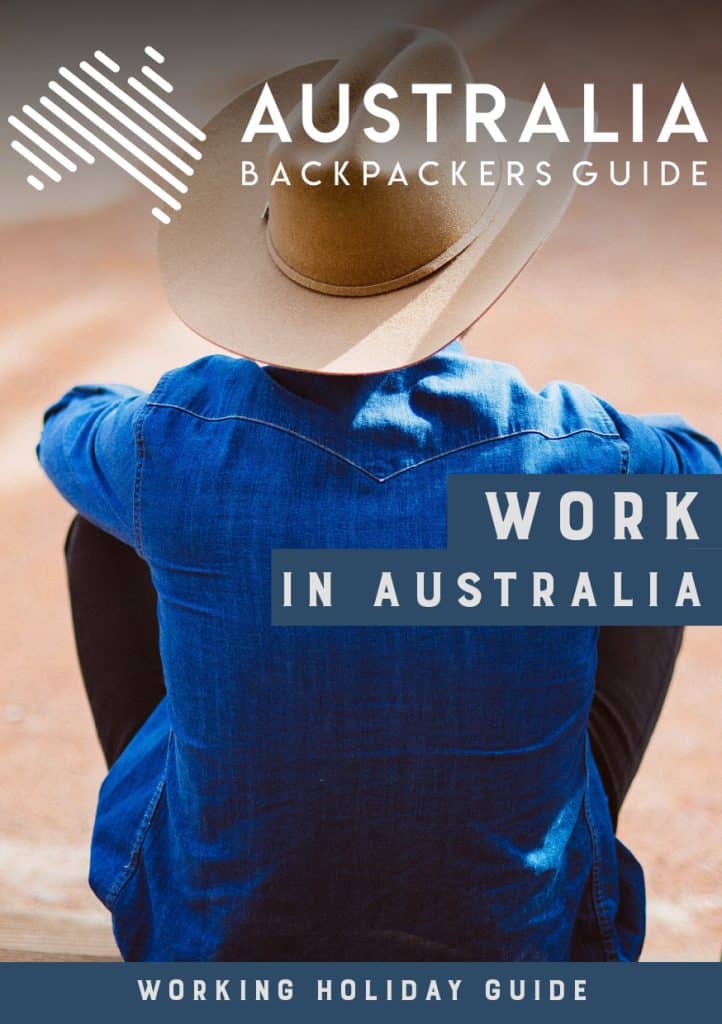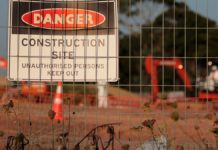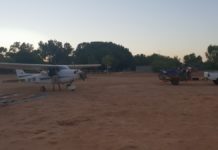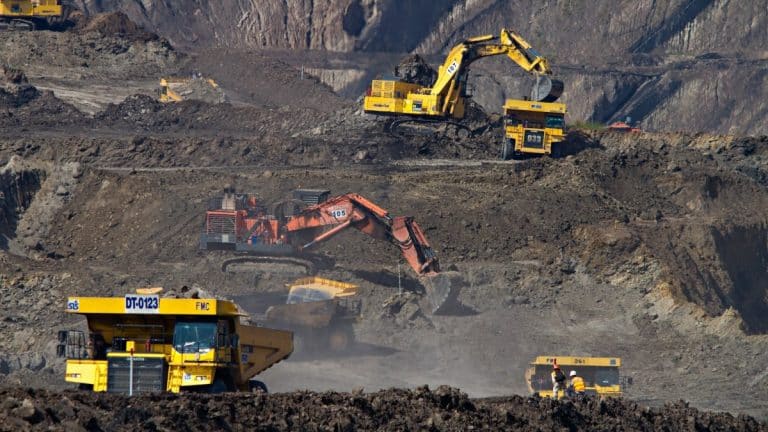
Working in the mines in Australia is a lucrative career choice that attracts thousands of workers from around the globe. Known for its vast mineral resources, Australia offers extensive opportunities in the mining sector, ranging from entry-level positions to specialized roles. Julie, for example, embarked on a two-year Working Holiday journey after completing her archaeology thesis in Dunedin, New Zealand. Before settling in Sydney, she gained nearly a year’s worth of work experience in Australia, mostly for mining companies dealing with coal in New South Wales and iron in Western Australia.
Table of Contents
Overview of the mining industry in Australia
Australia is one of the world’s leading mining nations, with significant deposits of coal, iron ore, gold, and other valuable minerals. The mining industry plays a crucial role in the Australian economy, contributing billions of dollars in revenue and providing employment to hundreds of thousands of people.
Key mining regions
- Western Australia: Home to the famous Pilbara region, known for its large iron ore mines.
- Queensland: Renowned for its coal mines, particularly in the Bowen Basin.
- New South Wales: Hosts a variety of coal, gold, and other mineral mines.
- South Australia: Known for its copper, gold, and uranium mines.
Working Holiday Visa & Regional Work Validity
- Many mining roles count as “specified regional work”, which qualifies for WHV second or third-year extensions (2nd year = 88 days, 3rd year = 179 days).
- Be sure the site is within a designated regional postcode to be eligible.
- UK passport holders are exempt from regional work rules as of July 2024—extensions still apply without needing to complete specified work.
How to find a Mining Job in Australia?
Firstly, get the White Card to demonstrate your knowledge of safety rules. Additionally, highlight any relevant diplomas or certifications such as machinery operation or forklift training.
👷 Get your White Card in Australia (with discounts)
Take advantage of special offers to obtain the white card and work in the construction industry.
The most effective ways to find a job in the mines include:
- sending your resume directly to recruitment agencies or mines,
- networking within the industry,
- following up on the phone to demonstrate your motivation.
Recruitment agencies are a common entry point, but if you lack experience, specialized mining agencies may not be interested. Instead, consider seeking out “Regional Work” agencies.
Job Opportunities in NSW
- According to SEEK, over 2,000 mining-related jobs are listed in NSW, including operator, technician, and FIFO roles in coal and metalliferous sites.
- Even Backpacker Job Board shows mining opportunities for WHV holders, especially in regional work essential for visa extensions.
Mining Pay & Salaries (NSW)
- Average miner salary in Australia is now between AU $125,000 and AU $145,000/year, with most workers in NSW earning a mid‑range figure.
- Median earnings across the mining sector average AU $2,649/week versus the general median of AU $1,700/week.
- According to Jooble, typical weekly pay is AU $2,156 (~AU $112,110/year), or about AU $59/hour.
- PayScale lists the average hours-based rate at AU $34/hour, with total annual packages ranging from AU $62K to $137K.
What does this mean? Even entry-level mine roles often pay over six figures annually. Salaries rise significantly with certification and experience.
Award Pay Updates Effective July 1, 2025
- Mining jobs in NSW fall under the Mining Industry Award [MA000011], updated for July 2025.
- Includes penalty rates, overtime pay, allowances, and a 3.5% annual increase.
- Fair Work’s database indicates many mine workers already earn well above award rates, with 99% being above-award.
⚠️ 2025 Labour-Hire Fair Pay Law (NSW / National Update)
- A new “same job, same pay” law passed in late 2024 mandates equal pay for labour-hire and direct employees in NSW mining sites.
- Many contractors now see pay boosts up to AU $35,000/year, or roughly AU $800/week extra.
- This marks a major step forward in fair wages and job security in the mining sector.
Julie’s experience: Archaeology in mines in Australia
How I found my job
I sent out countless resumes to private archaeological companies in search of my first job in Australia. Unfortunately, the job that I was offered prior to my arrival had already been given to someone else. Upon arriving in Australia, I found work in the mining sector where job contracts are mostly oral, and employees have little protection. I worked in two different mines, one in NSW and the other in WA, one of which I was fired from for no apparent reason, while the other let me go due to falling mineral prices – a common occurrence in the mining industry.
However, with the help of a friend who is an archaeologist, I was fortunate enough to secure a permanent position in a private archaeology company. I learned that Australians value motivation more than a lengthy resume, and despite having no prior experience in Australian archaeology, my motivation and eagerness to learn helped me secure a job. Moreover, taking courses on ores was essential, as sales abroad are directly linked to job opportunities in the mining sector.
My missions
My primary responsibility was to conduct archaeological surveys in the mining industry. Part of my job entailed ensuring that there were no significant archaeological sites in areas where mining operations were planned. The length of the missions varied depending on the complexity of the working conditions. For instance, missions in mines in New South Wales could last for several weeks and required working six days a week, whereas those in Western Australia typically lasted two weeks and demanded working seven days a week. To avoid the heat, we began work at 7am and usually finished at 3 or 5pm. There was a standard work rhythm of two weeks of work followed by two weeks of leave.
Working conditions and salary
Housing, food, and transportation are not only provided but also of high quality in the mines. For example, the camps in Western Australia have unlimited food. A chef is always present to prepare the evening meals. Furthermore, the “fieldies” who follow the workers into the desert provide essential supplies, including food, water, and first aid kits, making the daily living conditions comfortable.
However, working conditions can be very difficult, especially in the Western Australian mines. Temperatures can fluctuate between 40°C to 55°C depending on the season, with no shade available in the middle of the desert. Additionally, carrying 10 to 15 kg of equipment and wearing protective clothing such as long sleeves, gaiters, and leather hiking shoes to protect against bites from animals like snakes and spiders makes it even more challenging.
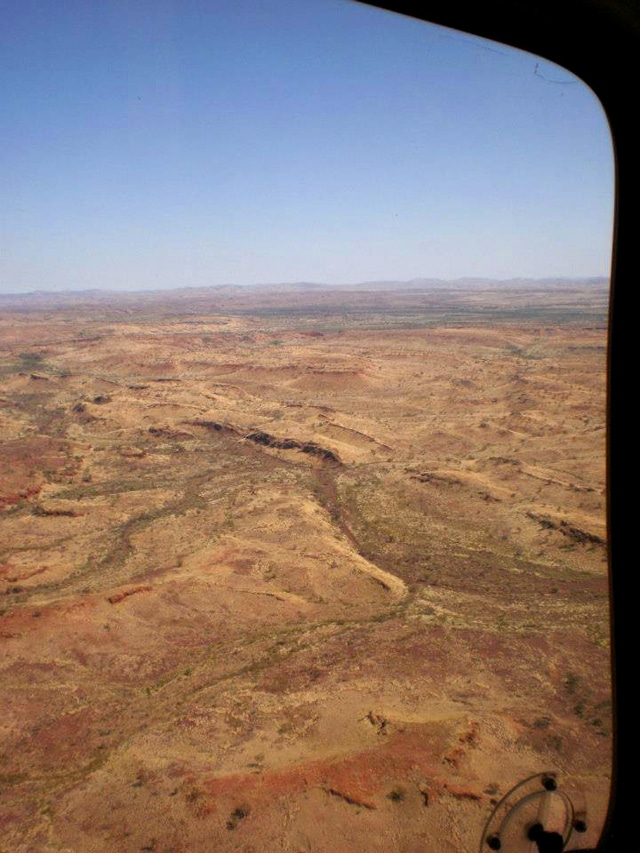
Nevertheless, the salary compensates for the harsh conditions, and it is considered very comfortable. My pay varied between $300 and $800 per day, depending on the location, with the higher range being in Western Australia. It is definitely a lucrative opportunity for those willing to work in the mining sector.
🚐 Cheap Campervan Rental
All our tips & tricks for renting a cheap campervan in Australia! Practical hacks, online comparison sites, promo codes, and more.
Daily life on the mines
Julie worked in several mines in different regions and states of the country. The way of life and mentalities vary significantly from one state to another.
Working in mines in NSW
The atmosphere in small mining towns can be quite unique. The men working in the mines often spend their money on alcohol at the local pub during weekends to decompress from the physically demanding work. Excessive drinking is common during weekends, as workers are subjected to a breathalyzer test every morning before starting their shift. Additionally, employers conduct random drug testing every day. As a result, these towns are predominantly male-dominated. With men making up 90% of the population while women comprise only 10%.
Work in the mines in WA
I lived in a prefab camp located in the middle of the Pilbara desert. The camp had a common room and a kitchen, where the atmosphere was friendly and welcoming. Some larger camps even had amenities such as gyms and swimming pools, but others, such as observation camps, were made up of tents.
During my time in the mines, I worked mainly with Aboriginals, which made my stays extraordinary due to their kindness and relaxed nature. Through interacting with them, I learned a lot about the environment and culture of the country. They were always willing to lend a helping hand and engage in conversation, which made my experience even more enriching.
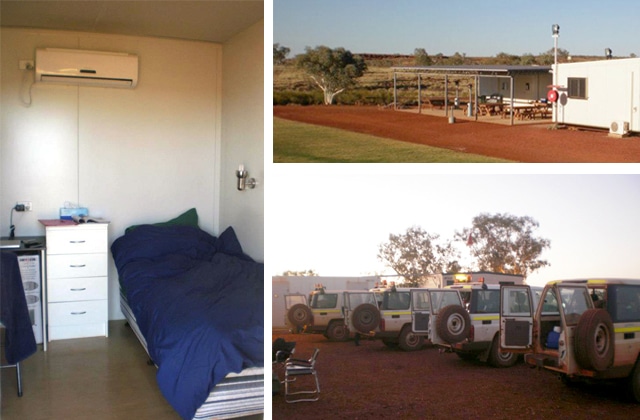
Thanks to Julie Broszniowski for sharing her experience.




















